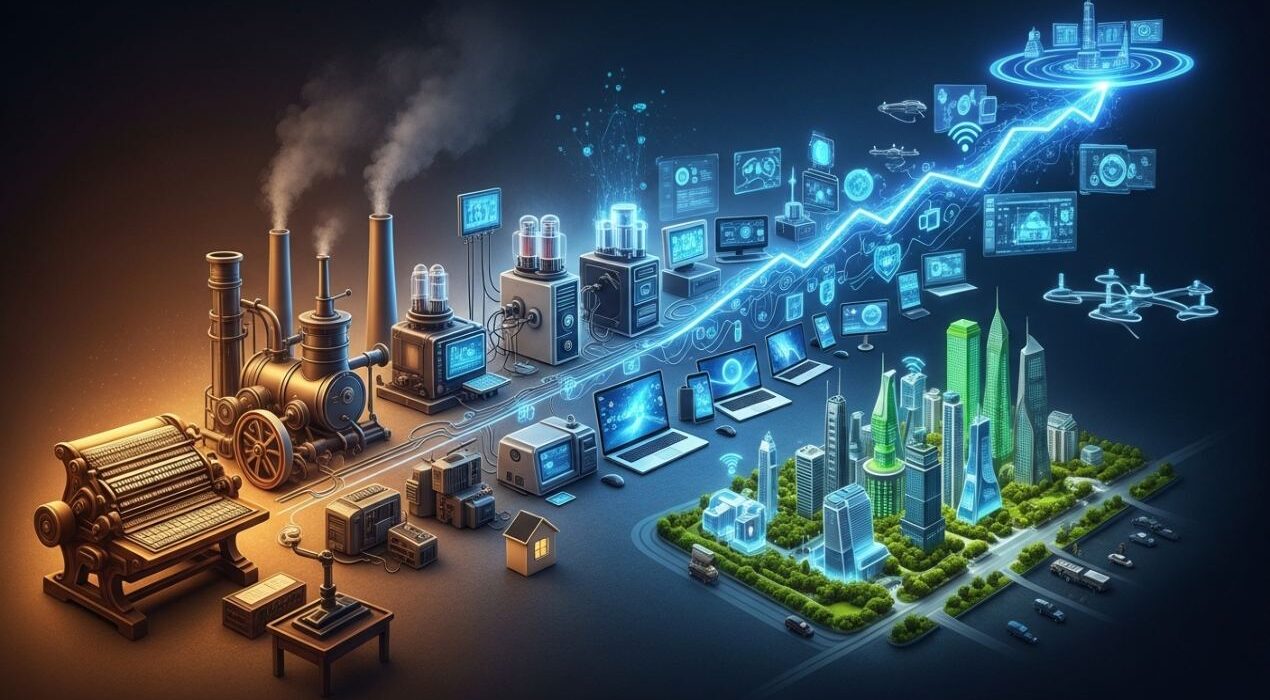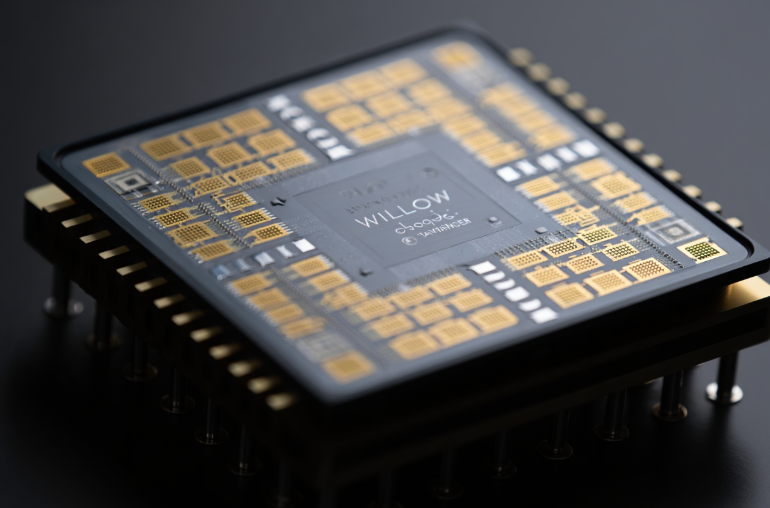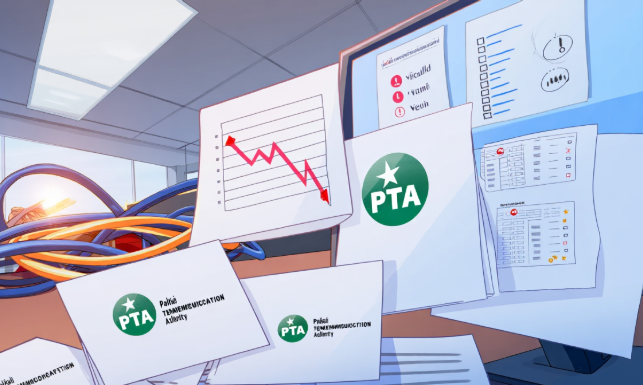From the dawn of the printing press to the rise of artificial intelligence, technology has always been the driving force behind human progress. It reshapes societies, disrupts industries, and opens possibilities that once seemed unimaginable. Today, its pace of evolution is faster than ever, turning innovation into an unstoppable engine of transformation.
One of the most visible impacts of technology lies in communication. Smartphones, social platforms, and instant messaging have collapsed distances, creating a world more connected than at any point in history. Beyond personal connections, this interconnectedness has redefined how businesses operate, governments function, and knowledge spreads globally.
Healthcare is another field experiencing a profound shift. From robotic-assisted surgeries to wearable devices that monitor vital signs, technology is not only saving lives but also redefining the patient experience. Emerging innovations such as precision medicine and digital health platforms promise to make care more personalized, proactive, and accessible.
In industry, automation and artificial intelligence are reshaping work itself. Machines now handle tasks once considered impossible for computers, boosting efficiency while raising new questions about the future of employment. Yet, history shows that every technological revolution creates new opportunities alongside challenges, encouraging adaptation and resilience.
Sustainability is also being powered by technology. Renewable energy systems, smart grids, and eco-friendly materials are helping societies address climate change while building smarter, greener cities.
What makes technology relentless is not just its rapid pace but its compounding effect — each innovation builds upon the last, accelerating change exponentially. As we stand at the crossroads of AI, biotechnology, and quantum computing, one truth is clear: technology is not just a tool, but the engine propelling humanity into its next era.
The Power of Technology: Driving Global Change






